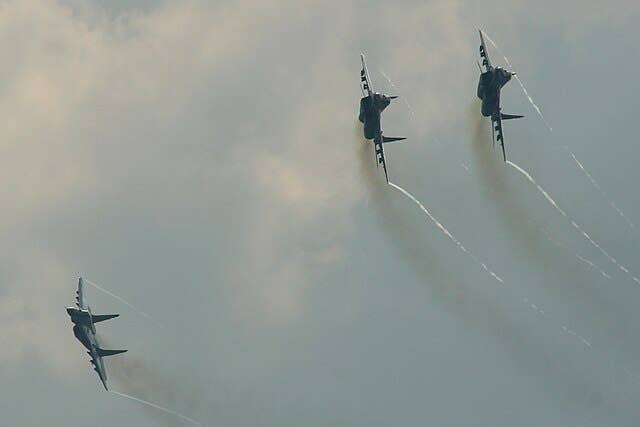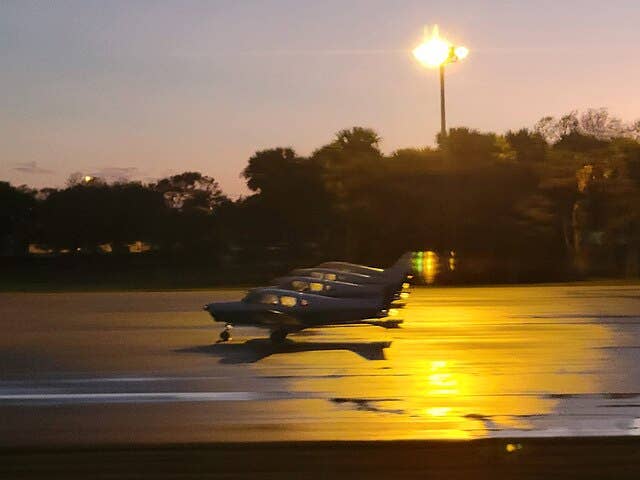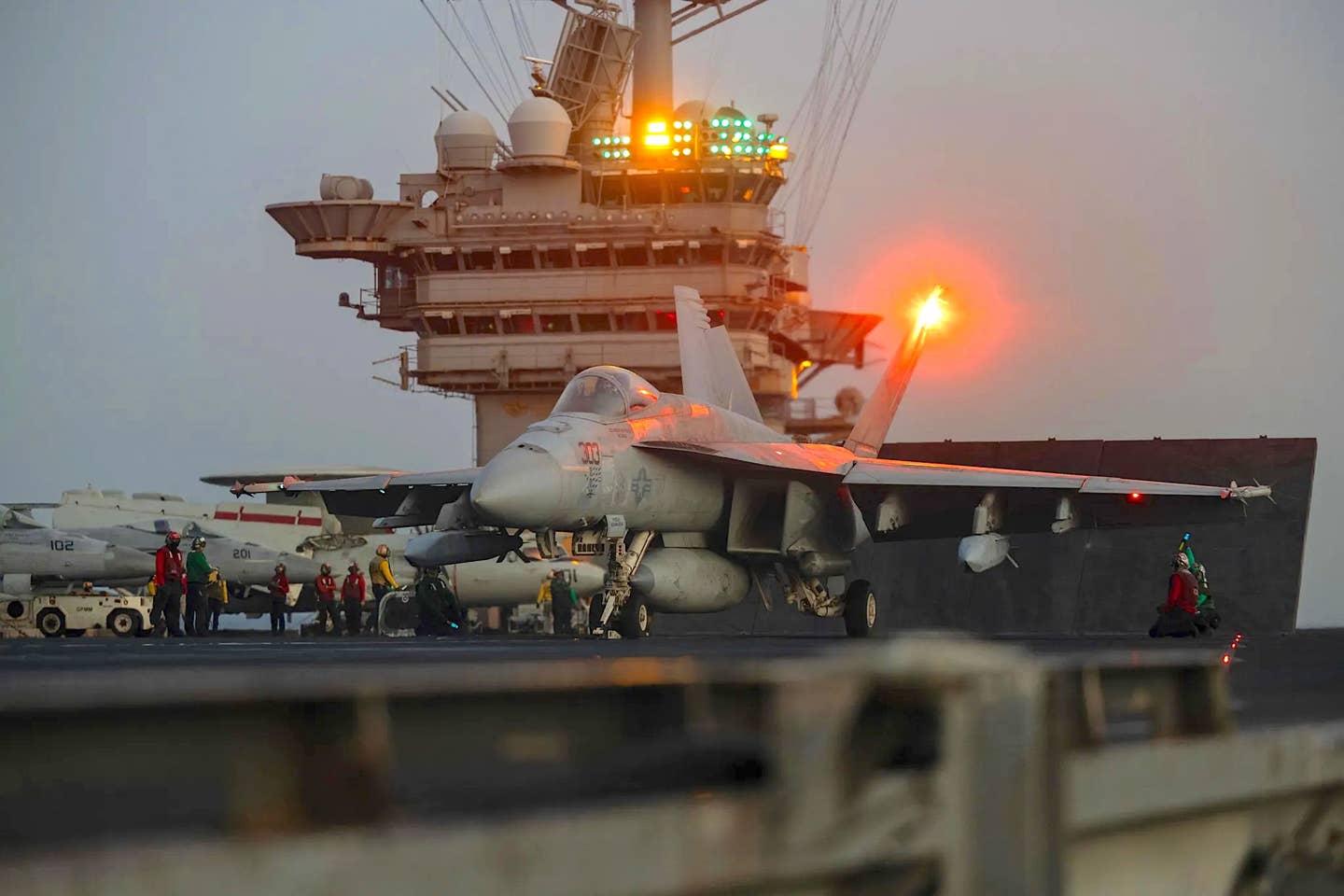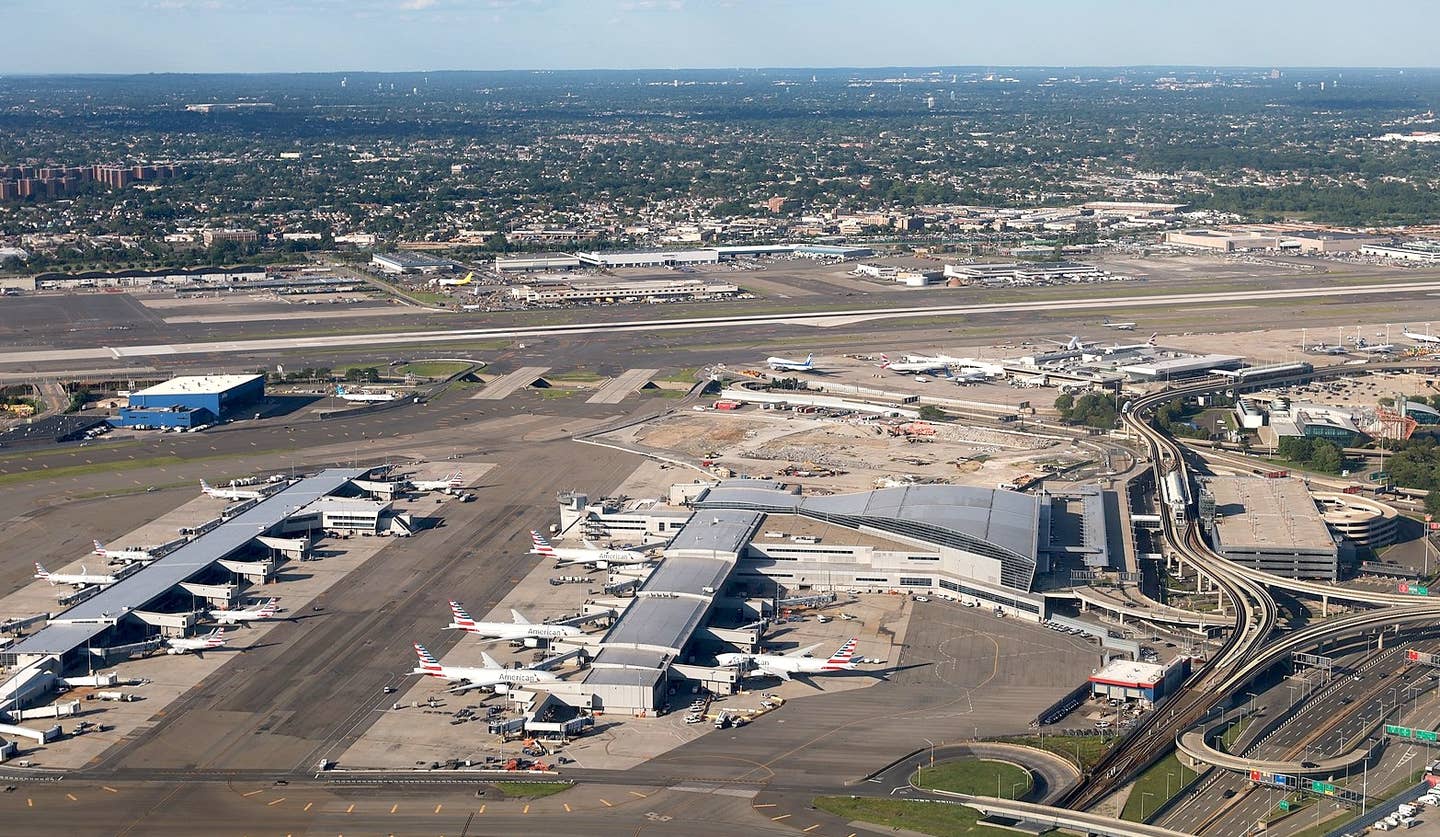Boeing CEO Acts On Board Safety Recommendations
Boeing will “immediately” implement extensive recommendations made by its board to realign the manufacturer’s internal organization, according to an announcement made by company President and CEO Dennis Muilenburg on Monday….
Boeing will “immediately” implement extensive recommendations made by its board to realign the manufacturer’s internal organization, according to an announcement made by company President and CEO Dennis Muilenburg on Monday. Muilenburg’s statement comes just days after the NTSB issued its own recommendations related to the fatal accidents of two Boeing 737 MAX aircraft.
“Safety is at the core of who we are at Boeing, and the recent 737 MAX accidents will always weigh heavily on us. They have reminded us again of the importance of our work and have only intensified our commitment to continuously improve the safety of our products and services,” said Muilenburg. “My team and I embrace our board’s recommendations and are taking immediate steps to implement them across the company in partnership with our people, while continuing and expanding our ongoing efforts to strengthen safety across Boeing and the broader aerospace industry.”
One of the immediate changes includes starting a new “Product and Services Safety organization” (PSS) inside the company designed to “further strengthen the company’s safety-first focus.” In a statement, Boeing said the new organization will “unify safety-related responsibilities currently managed by teams across several Boeing business and operating units.” This PSS is separate from the new permanent Aerospace Safety Committee announced by Boeing last week.
According to Boeing, the PSS will be responsible “for reviewing all aspects of product safety, including investigating cases of undue pressure and anonymous product and service safety concerns raised by employees.” Muilenburg announced that the new head of the PSS, Beth Pasztor, will also “oversee the company’s Accident Investigation Team and safety review boards, in addition to the enterprise Organization Designation Authorization.”
“These changes will enhance our team and amplify our focus on safety, while benefiting our customers and operational performance, and intensify our focus on learning, tools and talent development across the company,” said Muilenburg.
Boeing has not commented in detail on the NTSB recommendations.
In other MAX news, both American and Southwest pilots are among those who have participated in simulator sessions that sampled both previous and current MCAS software; the consensus is that the new software works well. At the same time, the airlines are working with the FAA to define the training required for MAX pilots returning to revenue flying. There have been more changes than resetting the MCAS behavior and there could possibly be further revisions to the training after the NTSB’s recommendations last week.
For its part, Southwest is saying that it will be able to resume using its fleet of MAX aircraft 45 to 60 days after the FAA clears the jet to fly. In addition to preparing its 34 stored aircraft for return to service, Southwest is said to be planning to accept the 40 MAX aircraft Boeing has built for the carrier but not delivered. A member of Southwest’s pilots’ union said his “best guess” was that the MAX could return to service as late as March.






